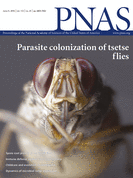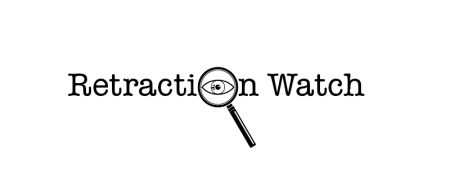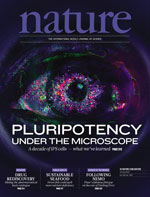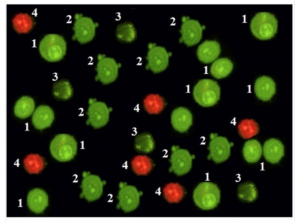 Researchers are retracting two papers about molecular signalling in plants — including one from the Proceedings of the National Academy of Sciences (PNAS) — after discovering some inadvertent genotyping errors. But that was only after they used the problematic plants for an entire year without realizing they’d made a mistake.
Researchers are retracting two papers about molecular signalling in plants — including one from the Proceedings of the National Academy of Sciences (PNAS) — after discovering some inadvertent genotyping errors. But that was only after they used the problematic plants for an entire year without realizing they’d made a mistake.
In a pair of refreshingly transparent and detailed notices, the authors explain that the transgenic plants used in the papers included genotyping errors, which invalidated their findings. According to the notices, first author Man-Ho Oh generated the problematic transgenic plants, while corresponding author Steven C. Huber, based at University of Illinois, Urbana-Champaign (UIUC), took responsibility for omitting some critical oversight.
Huber told us that there were only two papers that used the transgenic plants in question, so no other retractions will be forthcoming.
Here’s the notice in PNAS for “Autophosphorylation of Tyr-610 in the receptor kinase BAK1 plays a role in brassinosteroid signaling and basal defense gene expression:” Continue reading Genotyping mistake costs lab two papers and year of work



 There’s
There’s 
 JAMA has decided not to retract an article about
JAMA has decided not to retract an article about 
